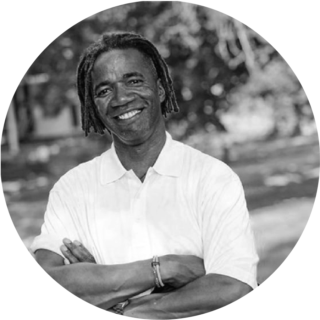Notice:
This event occurs in the past.
Forum Lecture: Public Space Re-Assembly
Tuesday, October 19, 2021 from 6:00 pm to 12:00 am
- Tbd event

PUBLIC SPACE RE-ASSEMBLY
Tuesday, October 19, 2021
6:00 p.m. EST
Free public online event
Watch the video here.
The Azrieli School of Architecture & Urbanism acknowledges the support of the Ontario Association of Landscape Architects (OALA) as an event sponsor.

Walter Hood is the creative director and founder of Hood Design Studio in Oakland, CA. He is also a professor at the University of California, Berkeley, and lectures on professional and theoretical projects nationally and internationally. He is a recipient of the 2017 Academy of Arts and Letters Architecture Award, 2019 Knight Public Spaces Fellowship, 2019 MacArthur Fellowship, 2019 Dorothy and Lillian Gish Prize, and the 2021 recipient of the Architectural League’s President’s Medal award.
This lecture reflects on the changing nature of public space, its role in urban areas, and ongoing value to communities. The rise in virtual interactions over the past pandemic year has counterintuitively driven demands for outdoor space as people seek an escape from screen fatigue. To support this demand, public space has significantly reconfigured for social distancing. The public realm also continues to be at the forefront of important socio-political movements and is tasked with playing an increasing role as sustainable urban infrastructure through landscape features. How, then, might we reassemble today’s public spaces—as well as ourselves within them—to better incorporate community consultation, urban ecological processes, and wider accessibility? What effective design responses exist for bringing together physical and cultural geography within the shared spaces of our cities?
About the 2021-2022 Forum Lecture Series
The Azrieli School of Architecture & Urbanism is proud to announce the 2021-2022 Forum Lecture series, titled Re-Assemble.
Over six lectures, our acclaimed speakers will examine the notion of re-assembly from several vantage points, framed relative to public spaces, social institutions, and places of domesticity. They will take into consideration larger demographic changes, economic influences, and climate imperatives, explaining trends across both large and small communities.
Along the way, we will hear of reconceived approaches to practice, incorporating new team structures and theoretical frameworks while utilizing novel fabrication techniques. Speakers, including Carleton alumni and recipients of the Governor General’s Awards in Architecture, will share their intersectional understandings of the challenges facing society and our opportunities for alliances in addressing them.
Looking forward, how might both ourselves and our surrounding environment re-assemble?
About Re-Assemble
The notion of assemblyis at the core of architecture, from building materials to community connections, theoretical frameworks to programmatic uses, structural components to project teams. It is through these broadly defined yet interconnected assemblies that we construct our built environment. As we navigate new ways of convening and interacting with one another following the easing of lockdowns, the 2021-22 Forum Lecture Series turns to these many processes of architectural assembly and re-assembly.
Reflecting on the current state of society and design’s role within it, we ask: In what ways are people, places and practices today being re-assembled? How is this driving innovation in design research, professional practice, and pedagogy?
The history of architecture is one of perennial re-assembly—of building on and iterating theories, of reconfiguring design concepts, approaches, and collaborations, in addition to physically constructing materials and spaces. The altered social behaviours, ad-hoc spatial configurations, shifting demographics, and growing virtual realm of our past pandemic-focused year have only underscored our impetus to re-assemble.
Unpacking these dynamics, this lecture series investigates the future possibilities of physical, spatial, and operational re-assembly within our urban realm, acknowledging that these processes are not exclusively within the purview of design professionals.